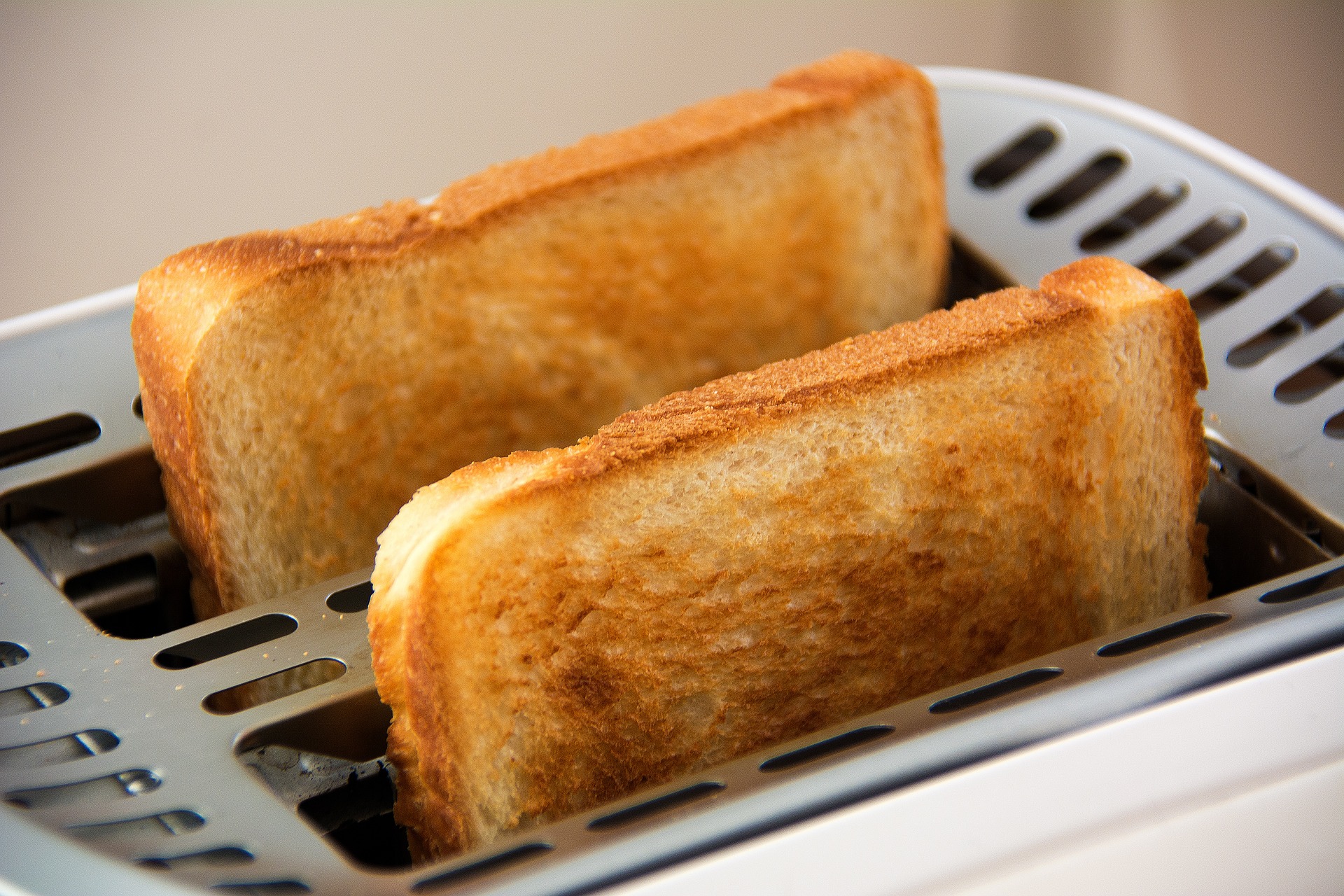Let´s resume the topic we started in our latest entry on the great plagues of modern nutrition. We focused previously on white sugar. Let us move on now with the next plague mentioned by Martine Catani: refined grains and White bread.
REFINED GRAINS
The second refined product which appeared with the industrial revolution was white bread. This also affected other staple foods such as rice.
ORIGIN
White bread, so often used in religious ceremonies as a symbol of peace, came to replace brown bread, which was of better quality but more expensive to make. It was also a symbol of purchasing power and social status, resulting from the “refinement” which became popular at the time of the Illustration.
In countries where bread is an important part of the diet, if refined, people suffer degeneration. And let us not forget the preponderance of wheat and lentils as the basis of diet in traditional Europe. Whole grains in conjunction with legumes and seeds have always been at the base of diets around the world: Wheat (couscous) or millet with chickpeas (humus) in Africa, rice and soybeans in Asia, corn with beans in America, wheat (Or barley, rye, etc.) and lentils (and other legumes) in Europe.
It is funny to see how popular knowledge was able to combine foods to get good quality plant-based proteins.
The great problem of grain polishing is that it affects the basis of our diet. It is not something unimportant.
WHAT HAPPENS WHEN A GRAIN IS REFINED?
 Grains are made of:
Grains are made of:
- The germ or embryo which contains high-value proteins, polyunsaturated fatty acids, provitamin A, vitamins B, E, K, vitamin D in small quantities, minerals and trace elements which are essential for life.
- Cotyledon containing protein, vitamin B1 and other B group vitamins.
- The endosperm which is made of starch (slow-acting sugar) and gluten (protein).
- Bran, containing:
- A layer with aleurone rich in zinc.
- The outer layer contains cellulose.
CONSEQUENCES
After this, it is easy to understand why the industrial revolution saw many diseases related to the lack of vitamins, minerals, trace elements (zinc (Zn) is vital and takes part in the synthesis of DNA).
Group B vitamins are essential for the proper functioning of the nervous system, more specifically vitamin B1, whose deficiency can cause “beri-beri“). Other diseases due to vitamin B deficiency are pellagra, hypoglycaemia or anaemia, among others.
CONCLUSION
It is essential to go back to eating organic whole grains which are the source of vital nutrients for the body.
We will soon be finishing this series of entries which deal with the so-called “the three great plagues” of modern diet and we shall be looking at the topic of refined oils.
Source: Notes from Natural Diet – Philipus Thuban







